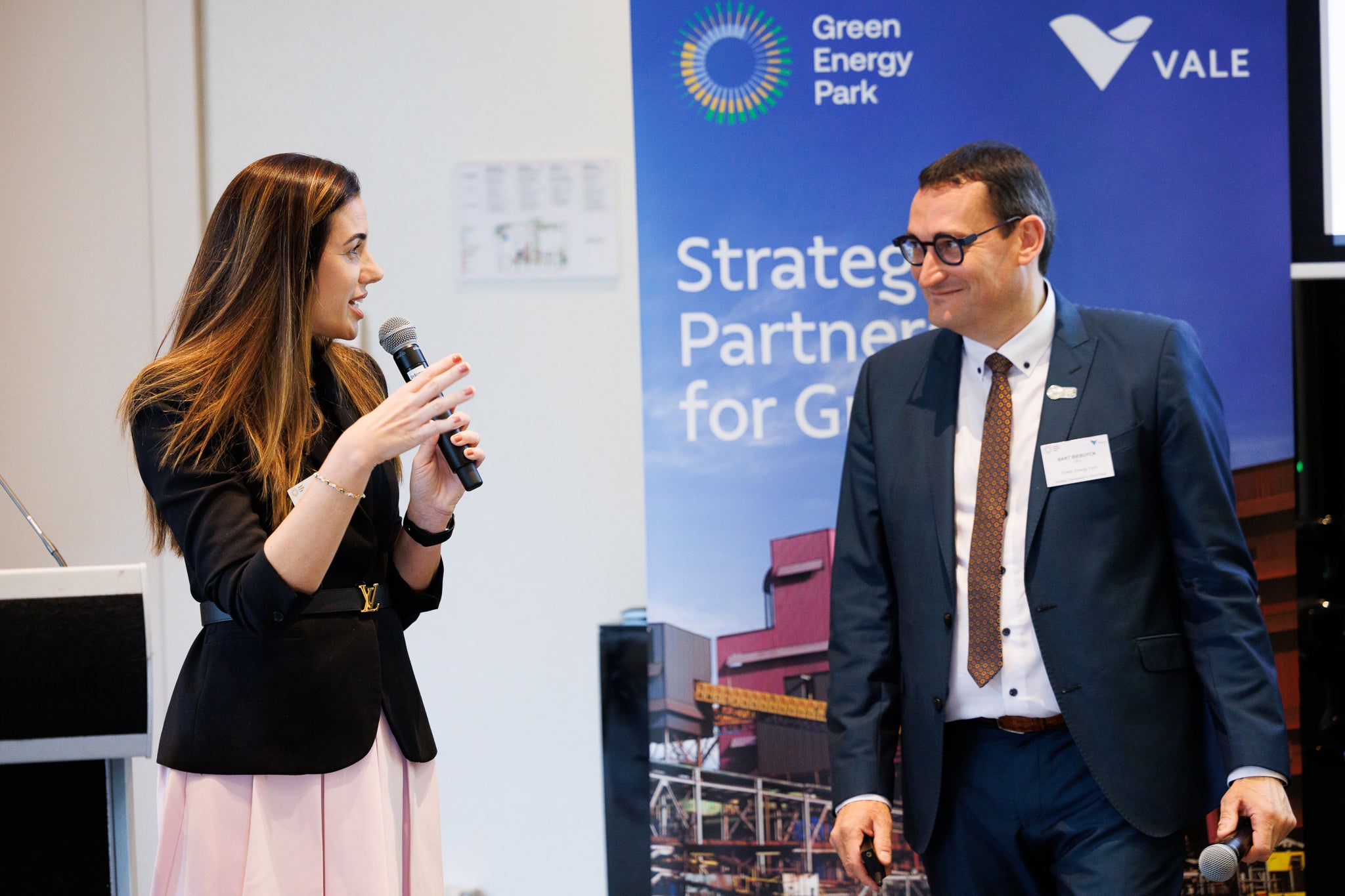Vale and GEP Collaborate on Green Hydrogen Project for Low-Carbon Steel Production in Brazil
Key Ideas
- Vale and GEP plan to develop a green hydrogen production facility in Brazil to manufacture low-carbon steel products, targeting international steel companies.
- The initiative aims to reduce carbon emissions in the steel industry significantly, with HBI production using renewable hydrogen as a reducing agent.
- The collaboration, supported by the EU’s Global Gateway program, will focus on various aspects of the hydrogen value chain to promote green steel production and support Brazil's industrialization based on a low-carbon economy.
- The Net Zero Steel Initiative aims for net zero emissions in the sector by 2050, highlighting the importance of transitioning to green technology in the steel industry to combat climate change.
Brazilian company Vale and European company Green Energy Park (GEP) have announced a partnership to establish a green hydrogen production facility in Brazil, with a focus on manufacturing low-carbon steel products. This initiative aims to address the significant carbon emissions generated by the steel industry, which accounts for approximately 8% of the world’s total carbon emissions. The 'Mega Hub' industrial complex planned by Vale and GEP will allow international steel companies to source and produce hot-briquetted iron (HBI) using iron ore from Vale and renewable hydrogen as a reducing agent.
By utilizing green hydrogen to produce HBI, carbon emissions can be reduced by up to 80% compared to traditional blast furnace methods. This collaboration, backed by the EU’s Global Gateway program, will involve deploying electrolysers and designing industrial plants for green hydrogen production. The aim is to offer 'green' HBI to European steelmakers and promote a low-carbon economy in Brazil.
GEP CEO Bart Biebuyck emphasized that the partnership aims to introduce green hydrogen technology to hard-to-abate sectors, providing a competitive platform for green steel production globally. Steel plays a crucial role in renewable energy development, particularly in wind turbine manufacturing. The Net Zero Steel Initiative, targeting net zero emissions by 2050, recognizes the necessity of transitioning to green technology in the steel industry to combat climate change.
GlobalData forecasts a significant growth in global steel demand by 2050, necessitating a shift away from thermal power sources to reduce emissions. This collaboration between Vale and GEP represents a proactive step towards decarbonizing the steel industry and promoting sustainable steel production practices.
Topics
Utilities
Renewable Energy
Carbon Emissions
Green Technology
Decarbonisation
Collaboration
Steel Industry
EU Support
Industrialization
Latest News
